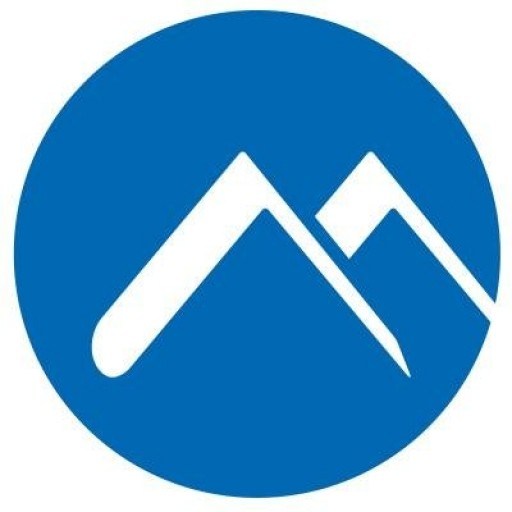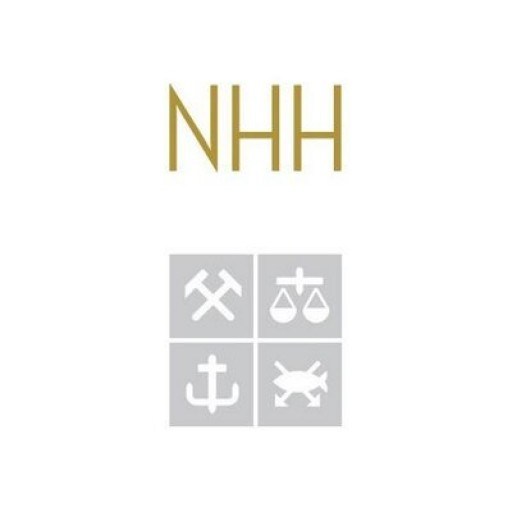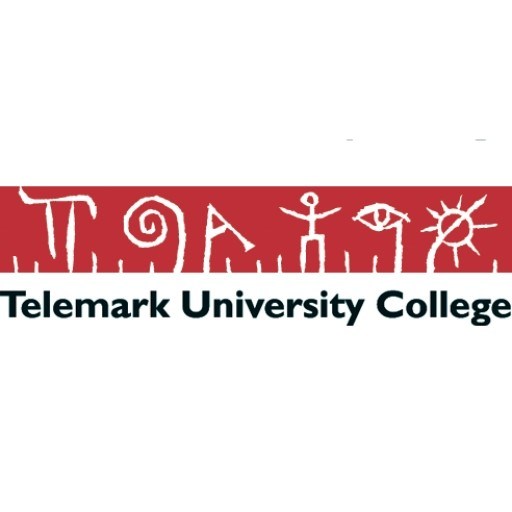Photos of university / #unistavanger
Petroleum Engineering at the University of Stavanger is a comprehensive degree program designed to prepare students for a dynamic and challenging industry that is central to the global energy sector. The program offers a multidisciplinary curriculum that combines principles from engineering, geosciences, and technology to equip graduates with the skills necessary for the exploration, extraction, and production of oil and gas resources. Students will learn about reservoir engineering, drilling engineering, production technology, and reservoir management, gaining both theoretical knowledge and practical skills through laboratory work, simulations, and industry project collaborations.
The programme emphasizes sustainable and environmentally responsible practices, encouraging students to develop innovative solutions for current and future energy needs. The curriculum also integrates digital technologies, automation, and data analysis, preparing students for the increasingly digitalized petroleum industry. Throughout their studies, students will have access to state-of-the-art laboratories and facilities that support experiential learning. The programme also offers international exchange opportunities, internships, and contact with industry partners, giving students valuable real-world experience and professional networks.
Graduates of the Petroleum Engineering program will be well-prepared for careers in oil and gas companies, consultancy firms, and research institutions. They will have the technical expertise and problem-solving skills to contribute effectively to exploration, development, and production activities, as well as to innovation and sustainability initiatives in the energy sector. The University of Stavanger's Petroleum Engineering program is committed to producing highly skilled engineers capable of meeting the technological and environmental challenges of today’s energy industry.
The Bachelor's Degree Programme in Petroleum Engineering at the University of Stavanger provides students with a comprehensive education in the principles and practices essential for a successful career in the oil and gas industry. The program is designed to equip students with a solid foundation in engineering sciences, including mathematics, physics, chemistry, and mechanics, combined with specialized knowledge in petroleum extraction, reservoir management, and drilling technology. Throughout the studies, students will explore the geology of petroleum reservoirs, fluid dynamics, and production technology, enabling them to understand the entire lifecycle of hydrocarbon development from exploration to production.
The curriculum emphasizes practical skills and theoretical understanding, integrating modern engineering tools and software used in the industry. Students will participate in laboratory work, simulations, and field trips to relevant sites, fostering applied expertise and hands-on experience. The program also addresses important topics such as safety procedures, environmental considerations, and sustainable resource management, preparing graduates to operate responsibly within the industry.
In addition to technical coursework, the program focuses on developing problem-solving abilities, teamwork, and communication skills vital for multidisciplinary collaboration. Students are encouraged to undertake internships and cooperative education placements with industry partners, providing valuable industry insights and professional networking opportunities. The program culminates in a final project where students apply their knowledge to real-world engineering challenges, often in collaboration with industry stakeholders.
Graduates of the Petroleum Engineering program at the University of Stavanger are well-prepared for careers in the oil and gas sector, including roles in exploration, production, reservoir engineering, and project management. They also possess a strong foundation for further studies at the master's level or specialized research. The program’s emphasis on innovation, safety, and sustainability ensures that graduates are ready to contribute to the evolving energy landscape responsibly and efficiently. With close ties to industry and a focus on practical learning, the program offers students a pathway to becoming skilled and responsible petroleum engineers capable of addressing the challenges of modern hydrocarbon extraction and resource management.
Petroleum Engineering at the University of Stavanger is a comprehensive program designed to prepare students for a career in the oil and gas industry. The program emphasizes a solid foundation in engineering principles, combined with specialized knowledge relevant to petroleum production, reservoir management, drilling technology, and hydrocarbon recovery. Students gain practical skills through laboratory work, field trips, and collaborations with industry partners, ensuring they are well-equipped to meet the challenges of the energy sector.
The curriculum covers key topics such as geology, geophysics, reservoir engineering, drilling engineering, production technology, and safety management. Emphasis is placed on environmental considerations and sustainable development within the petroleum industry. The program is structured to foster innovation and technical expertise, encouraging students to develop problem-solving skills applicable to real-world scenarios.
Students enrolled in the Petroleum Engineering program have access to state-of-the-art facilities and resources, including advanced simulation tools and laboratory equipment. The program promotes a multidisciplinary approach, integrating aspects of engineering, earth sciences, and environmental studies to provide a holistic understanding of petroleum systems. Throughout their studies, students are encouraged to participate in internships, research projects, and collaborations with industry leaders, which enhance their employment prospects after graduation.
Graduates of the program are qualified for positions in exploration, production, and operational roles within the oil and gas sector. They are also equipped to pursue further studies or research in related fields. With Norway’s significant offshore oil and gas activities, the program offers excellent opportunities for practical experience and networking within the industry. The university’s strong industry connections and focus on innovation ensure that students are well-prepared to contribute to sustainable energy development in a changing global economy.






